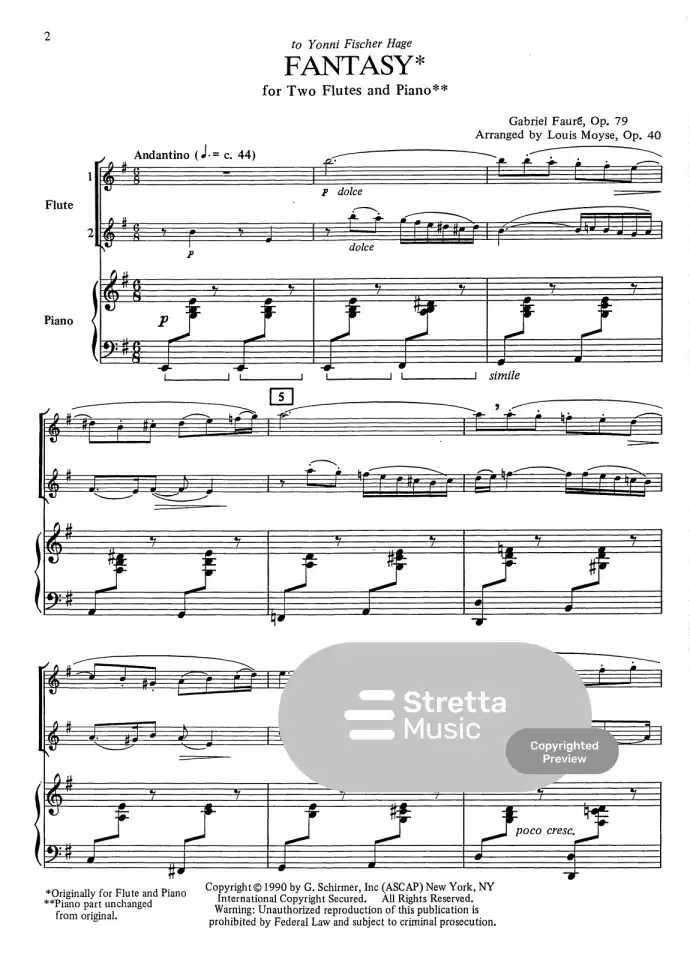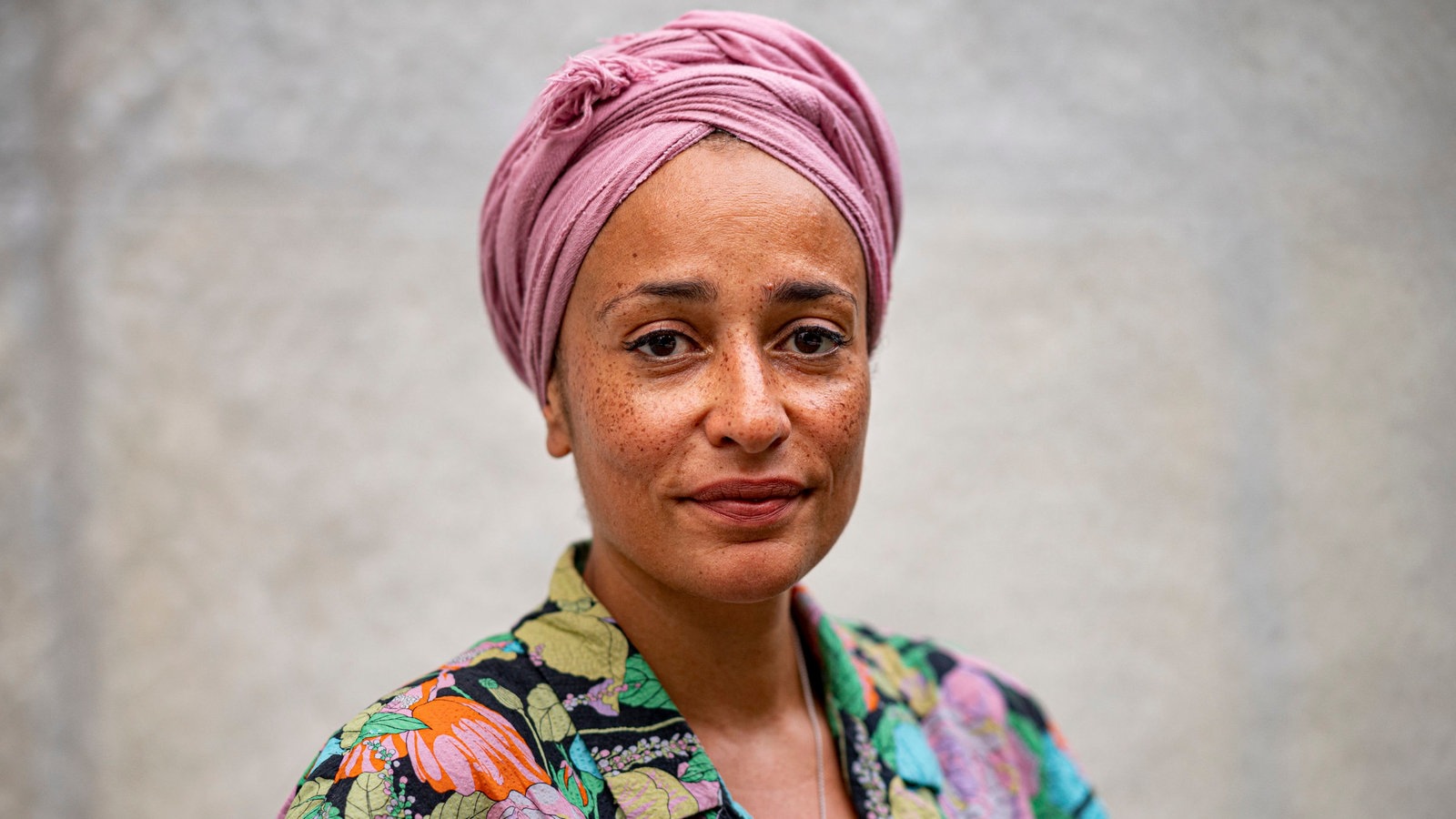
Introduction: The Allure of Fantasy
The fantasy genre has been a cornerstone of literature and entertainment for centuries. Its ability to transport readers and viewers to otherworldly realms fuels creativity and imagination. In recent years, the genre has experienced unprecedented growth, captivating audiences across various media platforms. This explosion in popularity is not just a passing trend but rather a reflection of society’s profound need for escapism and exploration of complex themes.
The Evolution of Fantasy
Historically, fantasy can be traced back to ancient mythologies and folklore, with epic tales such as The Odyssey and Beowulf laying foundational elements. However, modern fantasy began to emerge prominently in the 20th century with the works of authors like J.R.R. Tolkien and C.S. Lewis, who created elaborate worlds filled with magic and heroism. Today, the genre has branched out significantly, encompassing sub-genres like dark fantasy, urban fantasy, and high fantasy, reflecting a broader spectrum of narrative possibilities.
Currently, major franchises such as Harry Potter, The Lord of the Rings, and television adaptations like Game of Thrones have not only dominated box offices but also sparked cultural discussions about power, morality, and identity. Streaming platforms have played a pivotal role in elevating fantasy content, with series like The Witcher breaking viewership records and expanding fanbases.
Impact on Society
Fantasy literature and media serve as powerful vehicles for exploring contemporary issues. Themes such as social justice, environmentalism, and personal identity resonate through fantastical narratives, providing audiences with frameworks to engage with real-world concerns. The rising diversity in fantasy storytelling is equally significant, with more voices contributing to the genre, enriching it and expanding its relevance.
Moreover, the popularity of conventions and fandoms highlights the communal experience of enjoying fantasy. Events like Comic-Con gather thousands of fans, showcasing the genre as a vibrant part of popular culture and community building.
Conclusion: A Bright Future for Fantasy
As the fantasy genre continues to grow, its significance in the cultural landscape becomes increasingly undeniable. The appetite for immersive storytelling, combined with shifts in societal attitudes towards inclusivity and representation, will likely lead to even more innovative narratives. Readers and viewers can expect to see a rich, diverse tapestry of stories that not only entertain but also challenge and inspire audiences for years to come. The world of fantasy is not just an escape; it is a reflection of our hopes, dreams, and the complexities of the human experience.
You may also like

Exploring the Works of Joanna Garland
The Life and Works of Clara Pinto Correia

The Literary Influence of Zadie Smith
SEARCH
LAST NEWS
- Remembering Wendy Richard: The Promise to Co-Star Natalie Cassidy
- How Did Anglian Water Achieve an ‘Essentials’ Rating for Mental Health Accessibility?
- Shai Hope Leads West Indies in T20 World Cup Clash Against South Africa
- What We Know About Weston McKennie: Future at Juventus and Past at Leeds
- What We Know About the Upcoming Live Nation Antitrust Trial